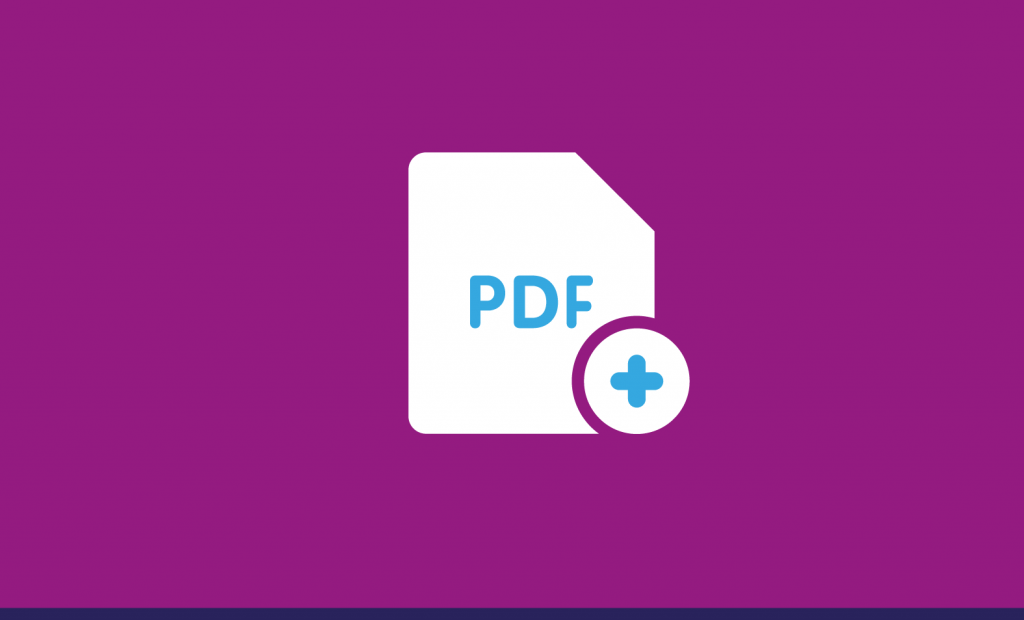
Learning Guide: What do you do?
Author: Luz Astrid Torres Varela – Description: This English self-study guide helps you practice describing your daily routine and include other family
members. All the activities are related to the topic of Daily Routines presented in Way to Go Student
Book 6 Module 1 Unit 2, Lesson 1. It builds on the vocabulary, language analysis and writing tasks done
in the previous worksheet. It asks you to improve your vocabulary, writing and listening skills.
Remember to compare your answers with the answer key to check your comprehension and
performance.


